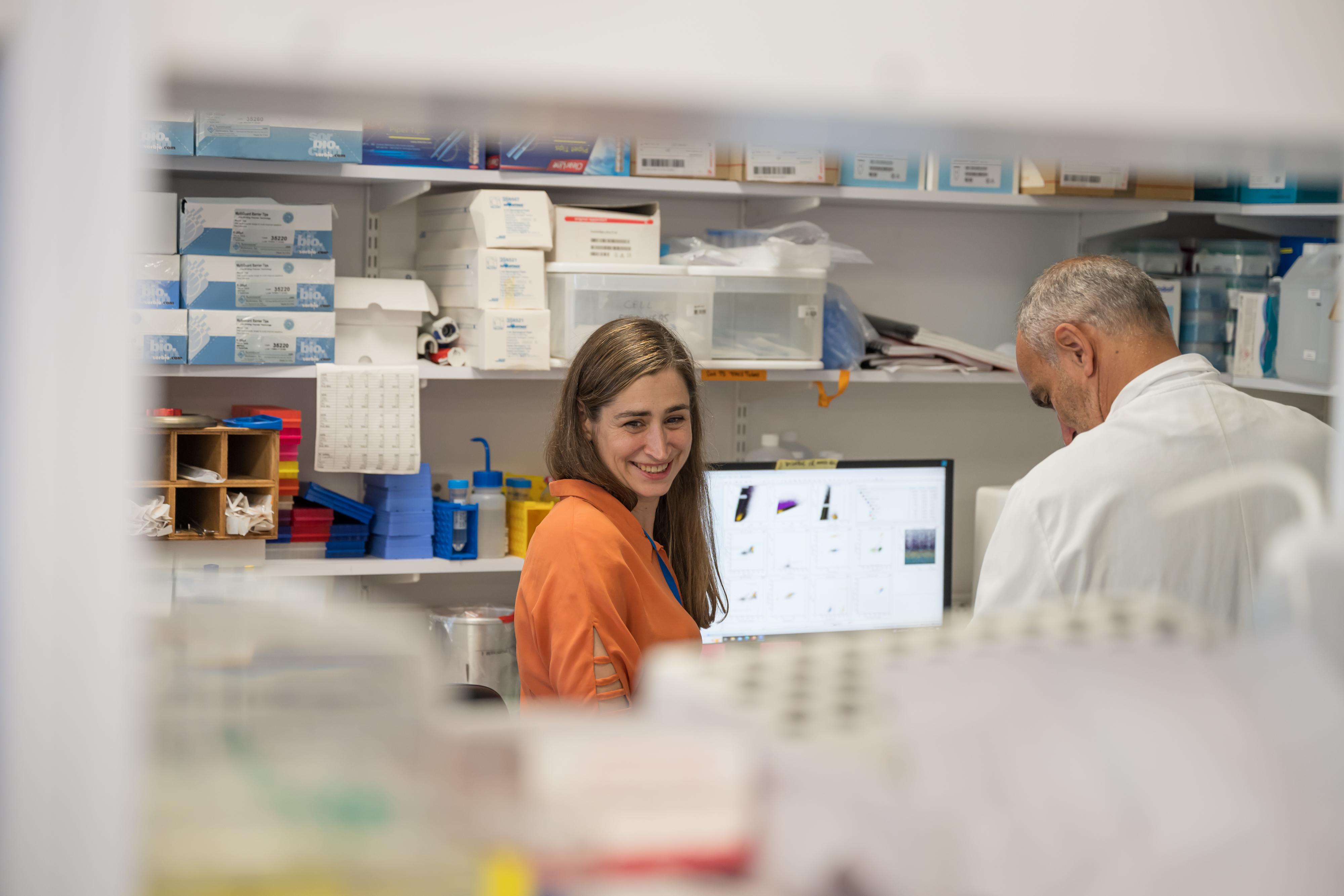ANSES asks pregnant women to systematically consult a health professional before resorting to food supplements.

Vitamin D, vitamin B9, iodine… The intake of food supplements is not uncommon in pregnant women. But the National Health Security Agency (Handles) invites French women to be careful with these products. In the absence of appropriate medical monitoring, daily doses may be exceeded and present a risk to the fetus.
For ANSES, women should not take such supplements without the advice of a health professional – doctor, pharmacist or midwife. This opinion is the consequence of several reports of adverse effects linked to the intake of food supplements in pregnant women.
Five newborns presented with neonatal hypercalcemia and two with congenital hypothyroidism. Each time, the mother took vitamin D or iodine as a supplement.
Multiple contributions
On paper, these dietary supplements have their uses. Vitamin D, for example, is indicated in the prevention of pre-eclampsia, gestational diabetes or even infections. Iodine is necessary for the synthesis of the thyroid hormones T3 and T4. Each time, the recommended daily doses were respected by the women.
Food supplements are therefore not, on their own, responsible for the observed neonatal complications. But ANSES nonetheless invites pregnant women and their doctors to be cautious. Because the sources of intake can multiply, particularly in the case of iodine. Some medications and common foods – like salt or eggs – also contain this element.
However, excessive iodine intake increases the risk of hypothyroidism, hyperthyroidism or goiter in newborns. This is where healthcare professionals come in: they must ensure the appropriate biological monitoring and confirm that no other source is likely to exceed the recommended thresholds.
Too rare screening
The Health Security Agency also points to a defect in practices vis-à-vis vitamin D. The hypercalcemia induced by this food supplement is rare. But a genetic mutation, located on the cyp24A1 gene, is at the origin of a hypersensitivity to vitamin D. It is also very rare, it remains little detected.
This screening should occur more often, considers ANSES, in order to reduce the consequences for the fetus. Indeed, in the presence of hypercalcemia in the mother, such a mutation can be suspected. This type of information would allow doctors not to prescribe a dietary supplement, or even to advise against it for patients.
.

















